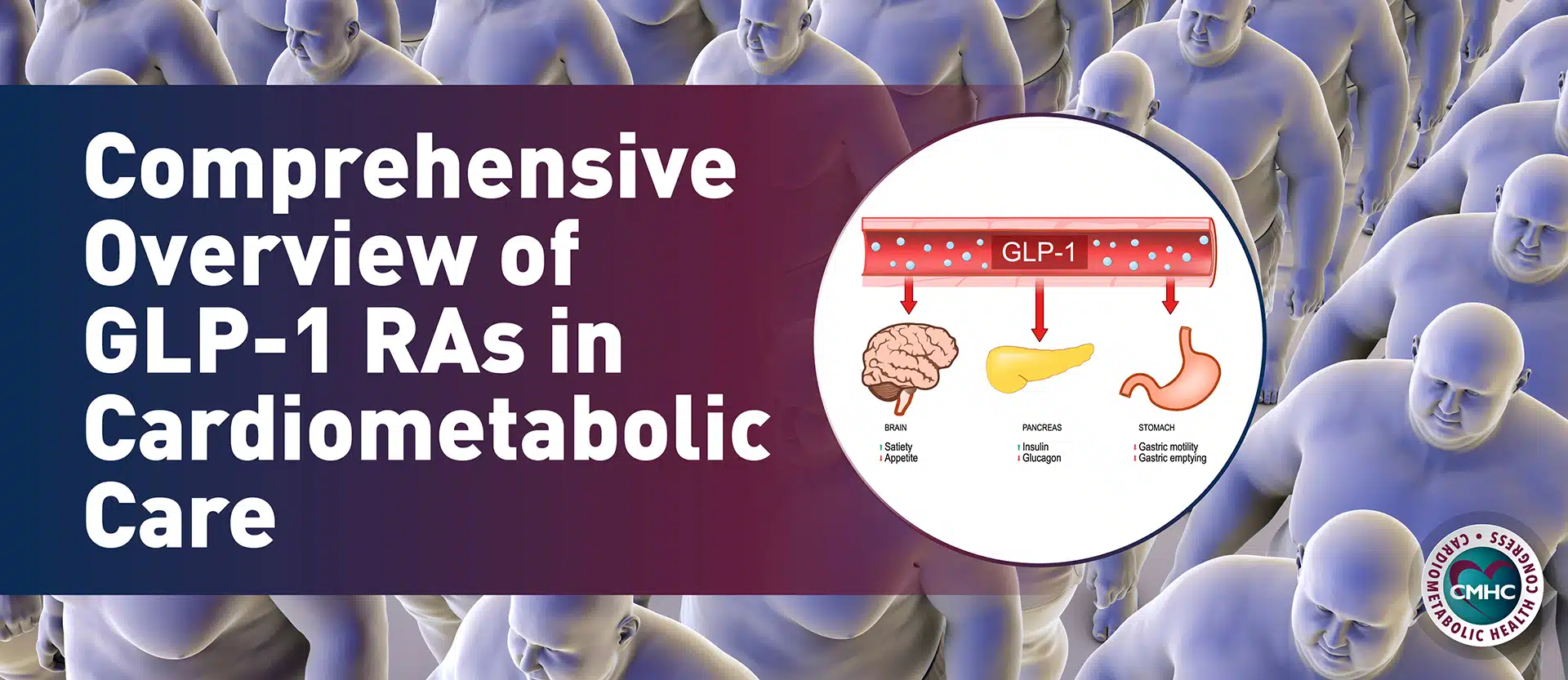Colchicine is an anti-inflammatory drug derived from Colchicum autumnale, a toxic autumn-blooming flowering plant commonly known as autumn crocus or meadow saffron. The alkaloid is used medicinally to treat familial Mediterranean fever, Behçet’s syndrome, and gout, as well as in veterinary science as an antineoplastic and in genetic research. It acts by inhibiting the function of microtubules, which are structures involved in various cellular processes. By disrupting microtubule function, colchicine interferes with the movement of immune cells and inflammatory molecules, thereby reducing inflammation. It is hypothesized that colchicine’s inhibition of tubulin polymerization, microtubule generation, and its potential effects on cellular adhesion molecules, inflammatory chemokines, and the inflammasome may be used to reduce cardiovascular and atherosclerotic risk.
Evidence in Trials
Randomized controlled trials such as COLCOT and LoDoCo have evaluated the use of colchicine in patients with recent cardiovascular events. These studies sought to demonstrate that colchicine, when added to standard therapy, reduces the risk of recurrent cardiovascular events, including myocardial infarction and stroke.
The COLCOT trial (2019)
The Colchicine Cardiovascular Outcomes Trial (COLCOT) demonstrated that targeting inflammation with colchicine, in addition to standard therapy, may provide additional cardiovascular protection. The trial involved over 4,700 patients who had a myocardial infarction within the previous 30 days and were receiving standard therapy. The results of the trial, published in 2019, showed that colchicine reduced the risk of the primary endpoint by 23% compared to placebo. Colchicine also reduced the risk of stroke and urgent hospitalization for angina leading to coronary revascularization.
The COLCOT trial was significant because it demonstrated the potential benefits of anti-inflammatory therapy in reducing cardiovascular events in patients with recent myocardial infarction. The findings suggest that targeting inflammation with an anti-inflammatory drug like colchicine, in addition to standard therapy, may provide additional cardiovascular protection. However, further research is needed to confirm the benefits of colchicine in different patient populations and to determine the optimal dose and duration of treatment.
The LoDoCo trials (2013-2020)
- Low-Dose Colchicine (LoDoCo) was a phase 2 randomized, double-blind, placebo-controlled trial designed to evaluate the efficacy and safety of low-dose colchicine in reducing cardiovascular events in patients with stable coronary artery disease. The trial involved over 5,000 patients with stable coronary artery disease who were randomly assigned to receive either low-dose colchicine or placebo in addition to standard therapy. The primary endpoint of the trial was a composite of cardiovascular death, myocardial infarction, ischemic stroke, or ischemia-driven coronary revascularization. The results of the trial, published in 2013, showed that low-dose colchicine reduced the risk of the primary endpoint by 55% compared to placebo. The reduction in risk was driven mainly by a reduction in the rate of percutaneous coronary intervention and coronary artery bypass grafting procedures. Although there was a higher rate of gastrointestinal adverse events in the colchicine group, they were generally mild and self-limiting. The LoDoCo trial was significant because it demonstrated the potential benefits of low-dose colchicine in reducing cardiovascular events in patients with stable coronary artery disease.
- An extension of the LoDoCo trial (LoDoCo2) evaluated the efficacy and safety of low-dose colchicine in reducing cardiovascular events in patients with chronic coronary disease. The phase 3 extension of LoDoCo further evaluated the safety and effectiveness of a treatment in a larger population, with focus on clinical outcomes and long-term benefits of colchicine intervention compared to standard therapy. The investigators randomly assigned 5,500 patients to receive either low-dose colchicine or placebo in addition to standard therapy. The primary endpoint of the trial was a composite of cardiovascular death, myocardial infarction, ischemic stroke, or ischemia-driven coronary revascularization. The results of the trial, published in 2020, showed that low-dose colchicine reduced the risk of the primary endpoint by 31% compared to placebo. The reduction in risk was driven mainly by a reduction in ischemia-driven coronary revascularization. Low-dose colchicine was generally well-tolerated, with a low rate of adverse events. However, there was a higher rate of pneumonia in the colchicine group, although this did not reach statistical significance. The LoDoCo2 trial was significant because it demonstrated the potential benefits of low-dose colchicine in reducing cardiovascular events in patients with chronic coronary disease. The findings suggest that low-dose colchicine may provide additional cardiovascular protection in this patient population.
Tolerability and Contraindications
Colchicine is generally well-tolerated, but some patients have reported gastrointestinal symptoms such as diarrhea, nausea and abdominal pain. Dosage adjustments may be required in patients with renal or hepatic impairment, and its use is contraindicated in patients with severe renal impairment, as the drug is excreted by the kidneys. Studies investigating the use of colchicine in combination with other therapies to maximize cardiovascular risk reduction must consider the possibility of drug-drug interactions and a higher rate of resulting adverse reactions.
Key Takeaway
Observational studies and clinical trials have investigated the potential benefits of colchicine in reducing inflammatory markers, cardiovascular risk, and the recurrence of adverse events including pericarditis, post-pericardiotomy syndrome, atrial fibrillation, myocardial infarction and stroke.
- Desai C. Meyler’s side effects of drugs: The international encyclopedia of adverse drug reactions and interactions. Indian J Pharmacol. 2016 Mar-Apr;48(2):224. PMCID: PMC4825447.
- Zhang, Fs., He, Qz., Qin, C.H. et al. Therapeutic potential of colchicine in cardiovascular medicine: a pharmacological review. Acta Pharmacol Sin 43, 2173–2190 (2022). https://doi.org/10.1038/s41401-021-00835-w
















